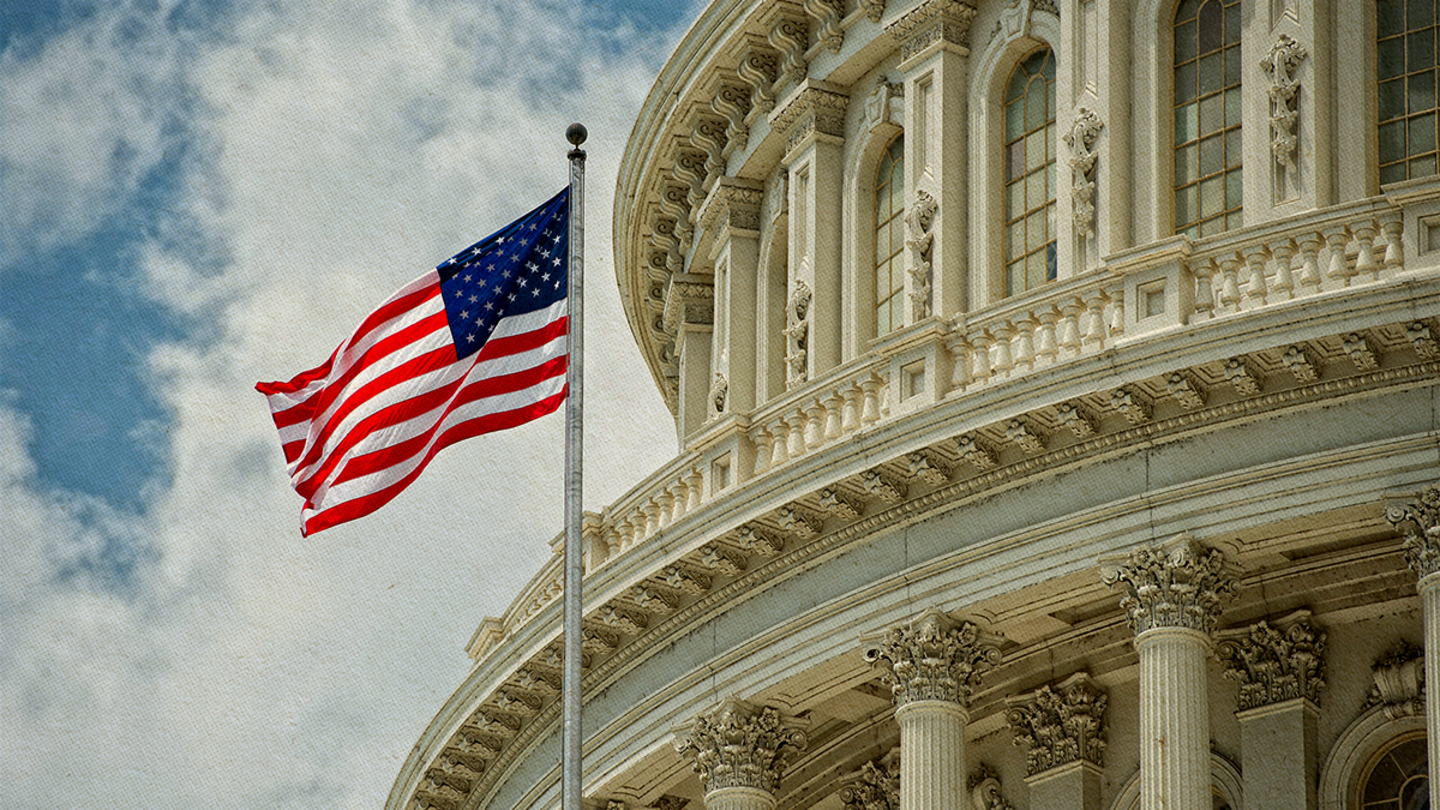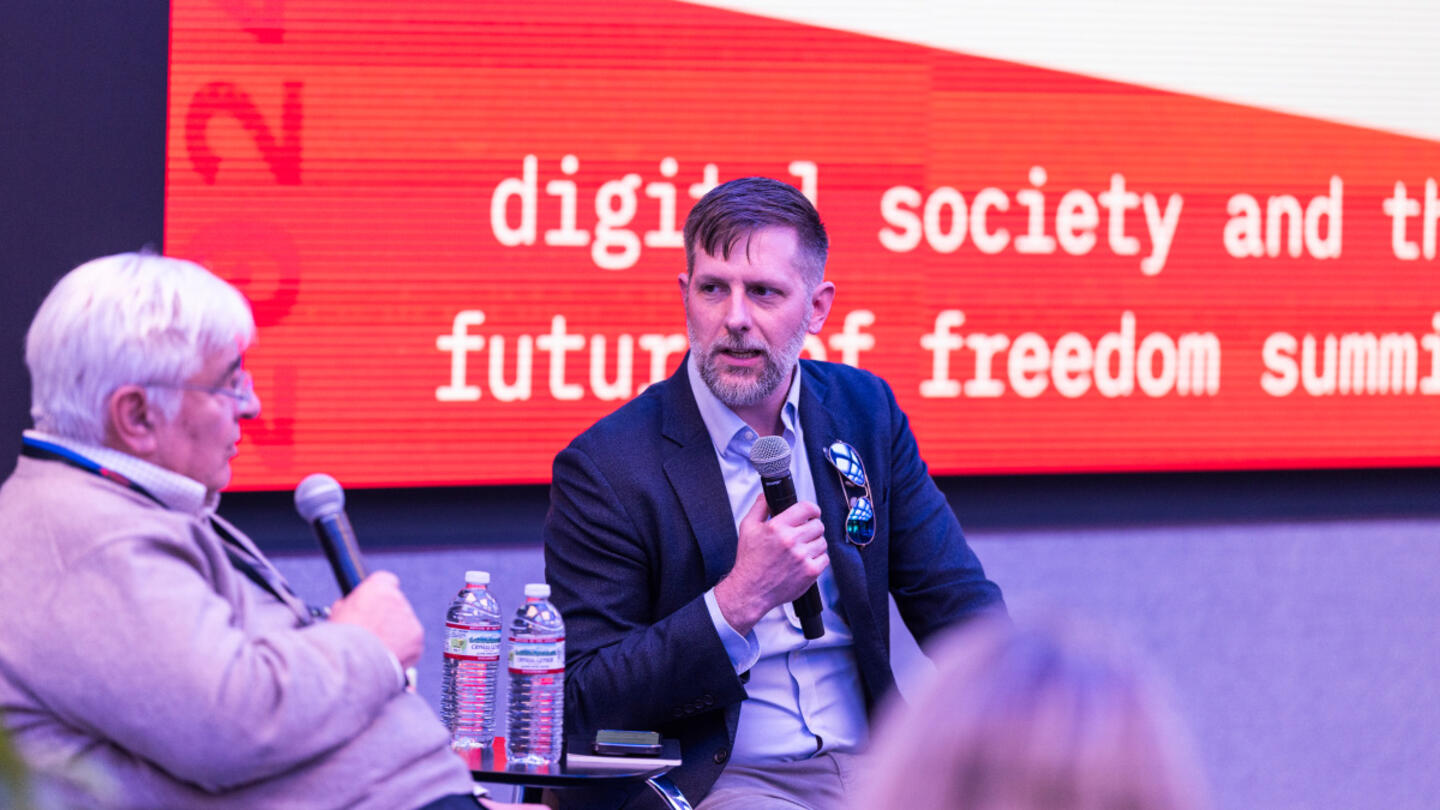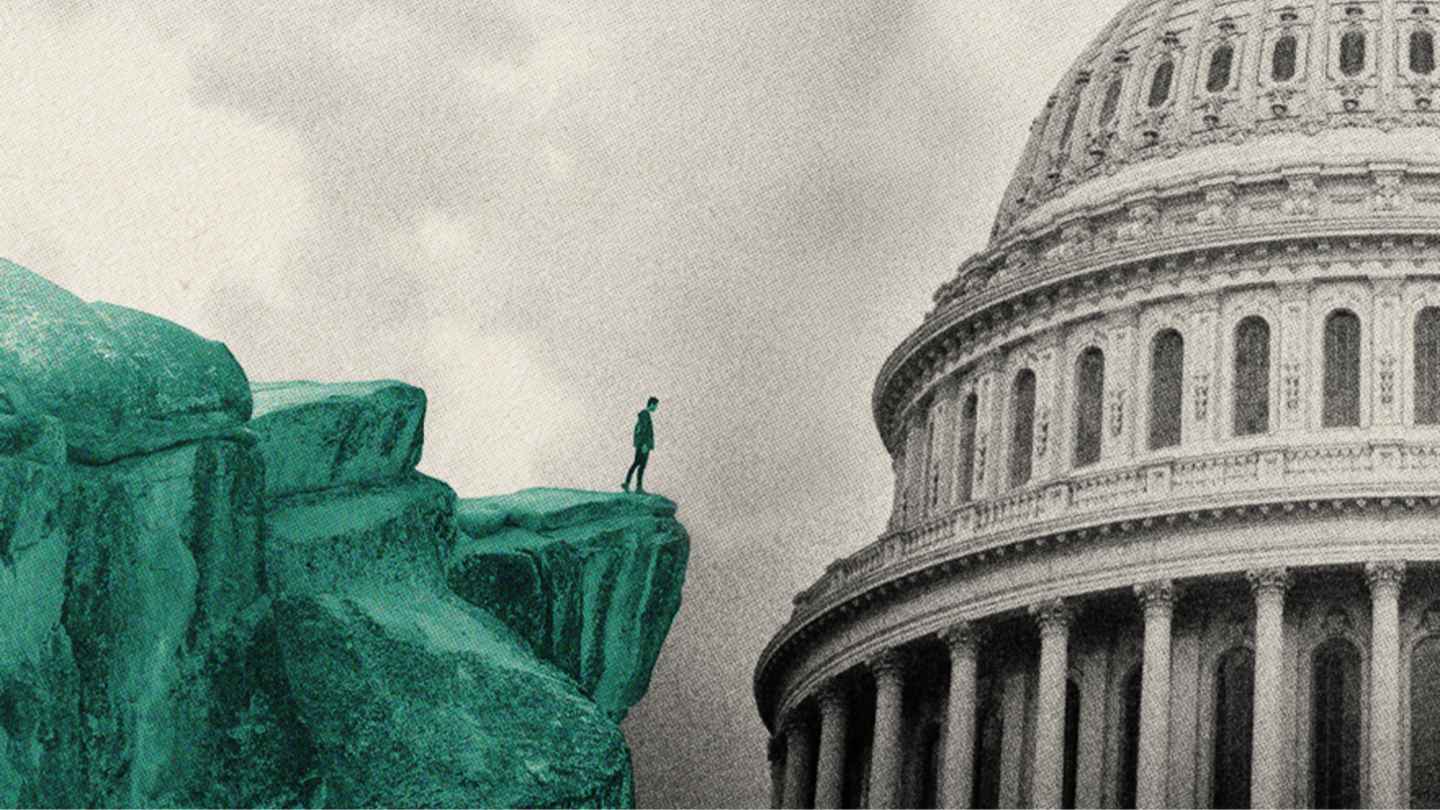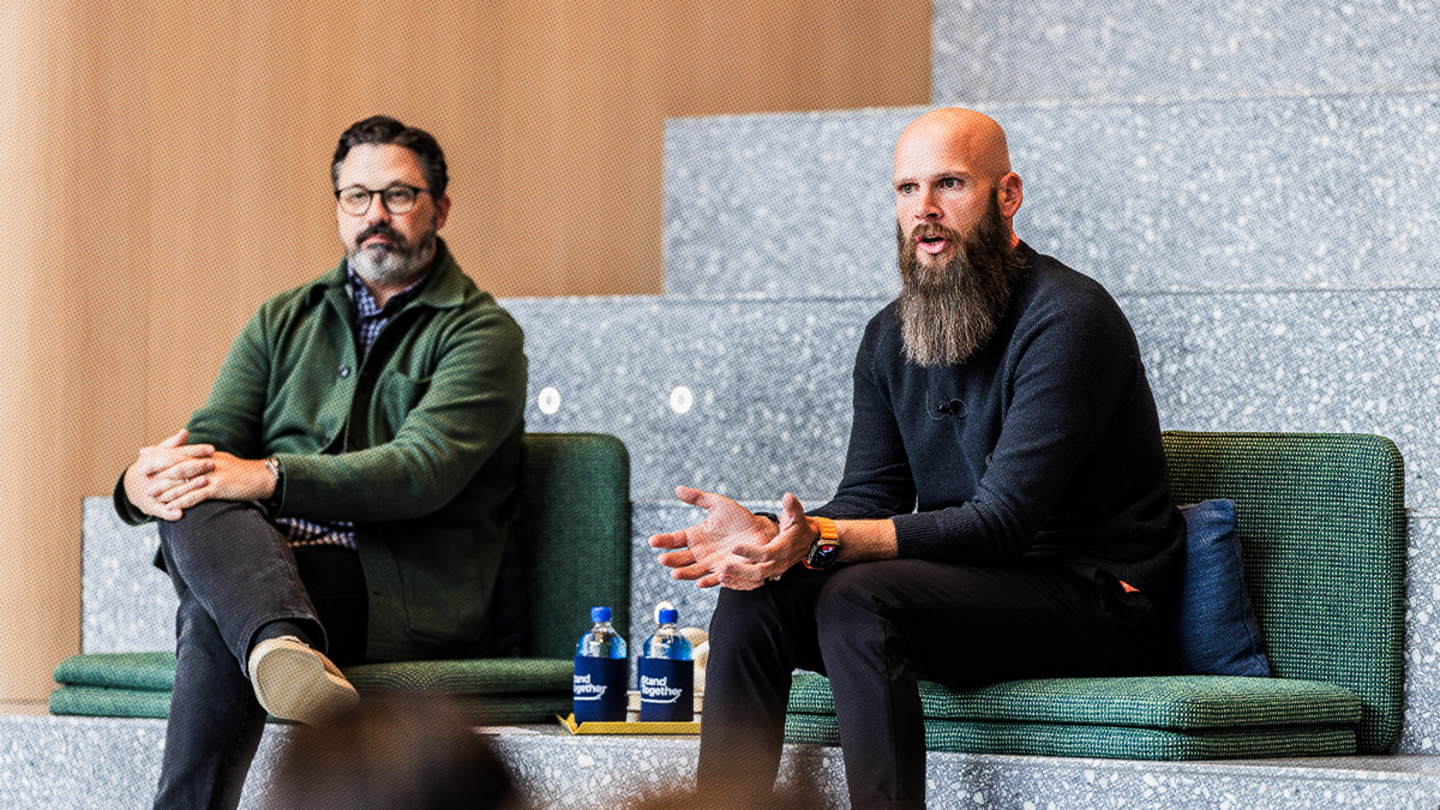At seven, Andrew Ponec had his first idea for an energy solution. Growing up in Oregon, he knew about an energy crisis in California.
“I knew we had all this hydropower up there, and I was convinced I could just string wires down to California, from Oregon, to give them some of our power,” Ponec explained, noting with laughter that he didn’t know how far California actually was.
“It just seemed like, well, we have it here. And that’s how you move it. Seemed like a really easy problem to solve.”
Understandably, a solution wasn’t as simple as that. Ponec grew up and now, with his co-founders at Antora Energy, is working on an even bigger, also relatively simple, energy solution. Antora’s solution — a carbon-based thermal battery — converts renewable electricity created by the sun or wind into reliable industrial energy.
The cost of electricity at a factory fueled by Antora will be significantly cheaper and release zero emissions. The innovation is so transformative that it could jump-start another industrial revolution in America and worldwide.
However, this innovation has a big hurdle: Our industrial system is built around technologies that are 50 or 100 years old. These outdated systems and regulations mean that implementing new ideas to see how they work can be extraordinarily challenging, if not sometimes impossible.
According to the Abundance Institute, a newly founded nonprofit, complacency and fear are driving those hurdles in energy, artificial intelligence, bioengineering, and other technology-advancing spaces. And it’s costing us our future.
Innovators can’t afford to lose time for experimentation because of cultural anxieties and policy challenges. However, that's exactly what's happening with Antora and other technological and energy innovations.
The Abundance Institute wants to shift the narrative — from pessimism to optimism. The organization wants to create space for emerging technologies to thrive by investing in talent, supporting founders and innovators, and shaping public policies before emerging technologies go mainstream.
“We are at a unique time in history with rapid growth in innovation,” said Christopher Koopman, CEO of the Abundance Institute. “While technology holds the power to transform our economy and lives, we often throttle technological breakthroughs before they can fulfill their life-changing potential.”
A close look at any emerging technology will illustrate the fear and anxiety that drives public opinion and policy approaches — holding back potential before it’s even known. Consider the recent emergence of language AI tools like ChatGPT.
Fear is costing us our future
The launch of ChatGPT in late 2022 attracted more than a million users within a week. Almost instantly, public opinion and the media erupted with fascination about this advance in AI technology. The curiosity was also paired with widespread unease.
While previous technological leaps had automated manual tasks (and caused no small amount of anxiety about worker displacement), this newfangled chatbot seemed to replicate an innately human ability: communication.
How would this alter the future of politics, science, entertainment, and the arts?
Sign up for the Stand Together newsletter and get stories, ideas, and advice from changemakers to help you tackle America’s biggest problems.
Most workers with some experience with AI are worried about the prospects for their jobs, despite — or perhaps because of — ChatGPT’s immense productive potential. Mathias Döpfner, chief executive of the media conglomerate Axel Springer, which owns such publications as Politico, didn’t mince words:
“Artificial Intelligence has the potential to make independent journalism better than it ever was — or simply replace it,” he wrote in a memo to employees in March of last year.
Some economists, The Washington Post reports, predict that AI will render millions of jobs obsolete, and labor unions have already mobilized against it, most notably during last summer’s strike by the Writers Guild of America and the Alliance of Motion Picture and Television Producers.
But what if AI language tools promise a far greater boon than a bane?
“Fear of the unknown is understandable, but history has shown that it would really benefit us to approach these emerging technologies with measured optimism,” said Koopman.
“The evolution and adoption of new technology is always a process. But before we panic about how AI could create challenges for society, let’s consider the possibility that we don’t even know all the ways AI could benefit us.”
“Fear has rarely stopped new technology from progressing in society,” he noted. “We can ask serious and thoughtful questions about risks, but let’s do it in a manner that doesn’t seek to stifle development but instead applauds advancement in technology as the boon it is and can be even more for society.”
American prosperity is a product of ambitious individuals who are working to improve their lives and the lives of those around them. These efforts may disrupt the status quo, but they result in greater opportunity. There is nothing new about developments in technology that radically shift American society.
Take, for example, electricity. Hundreds of years elapsed between the discovery of electricity itself and the invention of productive uses like the light bulb. And even when electricity was popularized in the 1920s, not everyone was convinced its utility was worth the risk.
Advertisements, like this one from New York Edison Company, focused on uses that increased efficiency and safety, like an “electric hand mixer, a handheld electric drill, and electric light when wanted.”
People feared that certain tasks typically performed by humans would become redundant or that physical safety would be at risk because of faulty electricity manufacturing. Today, electricity is powering something in every room one enters — an obvious boon for society.
AI language tools may not become as ubiquitous as electricity, but they may wind up benefiting society just as much. According to the Abundance Institute, it’s time for everyone to see the good that is possible with emerging technologies.
Recognize that we can’t know how visionary individuals might apply new tools
It took Ponec and his team more than five years to develop the carbon-based battery currently being tested in a factory that depends on solar and wind-powered electricity. It was created by using an already existing product to test theories toward the goal of storing and transferring solar-powered electricity.
The founders of the Antora battery have admitted that they had to challenge their doubts about whether or not their end goal was possible.
“Innovators and entrepreneurs are often the first people to discover hurdles or challenges to solving problems,” said Koopman. “Given the ingenuity and risks involved in innovation, the best thing we can do as a society is create an environment that eliminates those hurdles, not creates more.”
The Abundance Institute will equip emerging technology experts, think tanks, policymakers, and innovators with the necessary information, avenues, and support to encourage a pro-innovation, limited government approach to regulating AI and other emerging technologies. These supports will include:
- An AI regulatory hub featuring a map of all expected regulatory actions the federal government is expected to take regarding AI. The Abundance Institute will activate and equip experts to file regulatory comments in support of a pro-innovation approach to AI regulation.
- A wide array of events — about technology, antitrust and AI, AI and election processes, and convenings for journalists and founders — to shape the public discourse and equip state and federal think tanks and founders with funding, strategic direction, and other supports needed to help shape a cultural and policy movement that fosters innovation and abundance in AI and other emerging technologies.
“So far, we’re thrilled with the reception that we’re getting from folks across the policy world,” said Koopman. “Even though many of the headlines we see about the future seem dark and gloomy, what we are noticing is that our message — one of optimism and hope for a bright and abundant future — resonates with so many people. They’re excited about what possibilities are ahead.”
“Hope for a better future is really at the core of what we’re doing,” he continued. “It’s what drives the Abundance Institute forward. An abundant future shouldn’t be a fantasy we simply talk about or dream about. If we take the right steps now, it is something that all of us — and future generations to come — can realize and live.”
Abundance Institute is supported by Stand Together Trust, which provides funding and strategic capabilities to innovators, scholars, and social entrepreneurs to develop new and better ways to tackle America’s biggest problems.
Learn more about Stand Together's efforts to make the economy work for all and explore ways you can partner with us.

Here are some issues the Department of Government Efficiency could target.

Only by using AI in real-world scenarios can we understand its capacity to address complex challenges.

Credit scores don’t reflect the whole person. Here’s one way to change the narrative.

A coalition of scholars and policymakers are working on long-term economic solutions — together.
